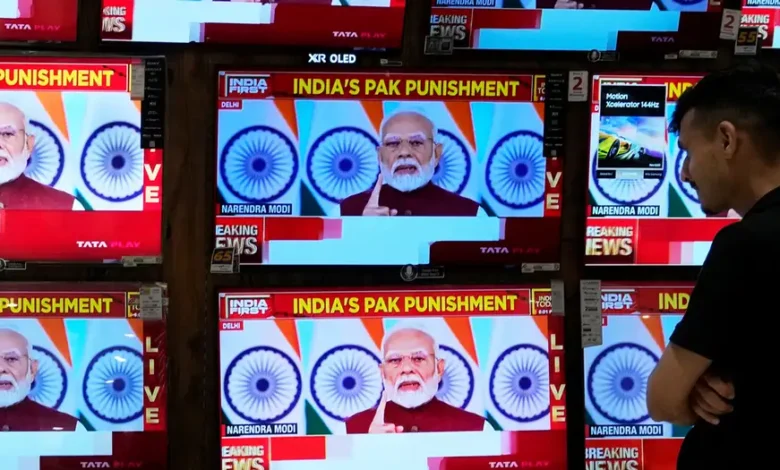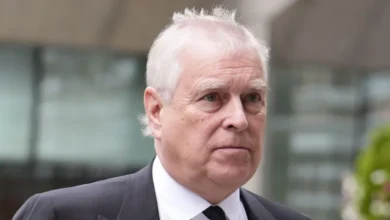
In his first public remarks since the recent military conflict with Pakistan, Indian Prime Minister Narendra Modi issued a stern warning that any future terrorist attack against India would prompt a strong military response.
The statement followed a fragile ceasefire agreement that took effect over the weekend, halting four days of intense hostilities between the two nuclear-armed neighbors.
Modi emphasized that while India has paused military action for now, it remains prepared to retaliate. “If another terrorist attack against India is carried out, a strong response will be given,” he said in a televised address.
He also condemned what he described as “nuclear blackmail” and insisted that India would only engage Pakistan in dialogue on matters related to terrorism and Pakistan-occupied Kashmir.
He demanded that Pakistan dismantle its “terrorist infrastructure” if it wants to be “saved,” referencing the April 22 attack in Pahalgam, Indian-administered Kashmir, in which 26 people—mostly tourists—were killed by Islamist militants.
India blames Pakistan for supporting the attackers and launched “Operation Sindoor,” a series of airstrikes targeting alleged terrorist hideouts and training camps in Pakistan and Pakistan-administered Kashmir. According to Modi, over 100 terrorists were killed in the strikes.
In response, Pakistan conducted retaliatory strikes on Indian targets. The four-day exchange of missiles, drones, and artillery fire led to the worst violence between the two countries since the 1999 Kargil conflict.
The fighting displaced tens of thousands of civilians, particularly in the disputed Himalayan region, where artillery fire reduced homes to rubble.
Following the ceasefire, Indian military officials began clearing unexploded bombs along the border, allowing displaced villagers to return. Authorities warned residents to avoid suspicious objects, citing the risk of unexploded ordnance.
India also reopened several airports that had been closed during the military escalation. Meanwhile, the military operations chiefs of both nations spoke by phone on Monday evening in a rare direct communication, although no further details were disclosed.
In Pakistan, military spokesperson Lt. Gen. Ahmed Sharif Chaudhry stated that the country’s response was deliberately restrained due to the potential for catastrophic consequences.
“There is no space for war between New Delhi and Islamabad,” he said, warning that escalation could lead to “mutual annihilation” for over 1.6 billion people in the region.
While the ceasefire appears to be holding for now, tensions remain high as both sides prepare for the possibility of further conflict.
Source: DW News












